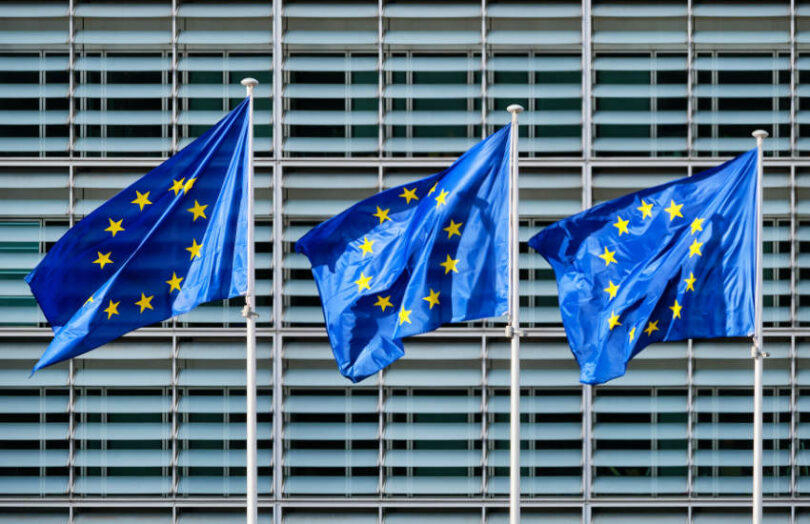Today the European Parliament voted resoundingly to introduce the Markets for Crypto Assets Regulations (MiCAR), with 517 voting in favor, 38 against and 18 abstentions. Additionally, legislation implementing the anti-money laundering (AML) travel rule for crypto-assets was also voted in, with even fewer MPs opposing it.
Commissioner Mairead McGuinness welcomed the vote saying on Twitter, “We’re protecting consumers and safeguarding financial stability and market integrity.” During yesterday’s debate, she urged international cooperation and hoped other nations would follow suite.
MiCA Timing: stablecoins from July 2024
Yesterday she also clarified the timing. The MiCA legislation is expected to come into force around July this year, with provisions relating to stablecoins applying from July 2024. The sections regarding other types of crypto-assets and the provisions relating to service providers and the travel rule will be effective from January 2025.
She also mentioned the work still to come on DeFi, lending and borrowing, and NFTs. As we reported yesterday, although DeFi protocols are not directly covered, local regulators could target them for enforcement.
Meanwhile, in an earlier iteration of MiCA there was a push to ban Bitcoin mining. Instead, there is a disclosure requirement. “We secured that the environmental impact disclosure will be taken into account by investors in crypto assets,” said Stefan Berger, the MEP and rapporteur who led negotiations with the Commission and the Council. He added, “This regulation brings a competitive advantage for the EU.”
AML travel rule: every transaction (not just above €1,000)
Turning to the AML travel rule legislation, one point that has not been widely reported is the dropping of the €1,000 de minimis. In other words, service providers will have to pass on counterparty details on every transaction, no matter how small.
During yesterday’s debate, MEP Monica SEMEDO said there was evidence of terrorist financing at the €100 level and child pornography transactions are often substantially less than this. “If we do not include these small transfers, we would not be doing enough,” she said. The legislation covers unhosted wallets if the other side of the transaction involves a crypto-asset service provider, but p2p transactions where both parties use self-hosted wallets are excluded.
However, today’s announcement mentioned a €1,000 threshold where one side of the transaction involves a self hosted wallet and the other a crypto asset service provider. An EU parliamentary spokesperson confirmed the €1,000 only applies in this scenario. If “a customer sends or receives more than 1000 euros to or from their own self-hosted wallet, the CASP will need to verify whether the wallet is effectively owned or controlled by this customer.”
Update: response from EU Parliament added






